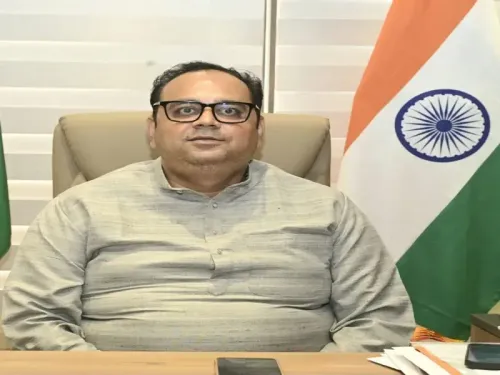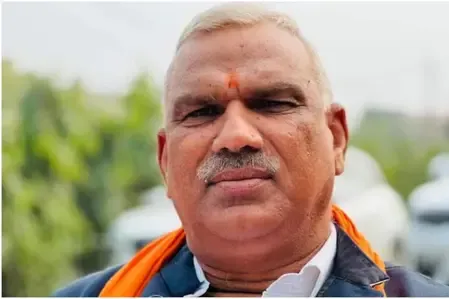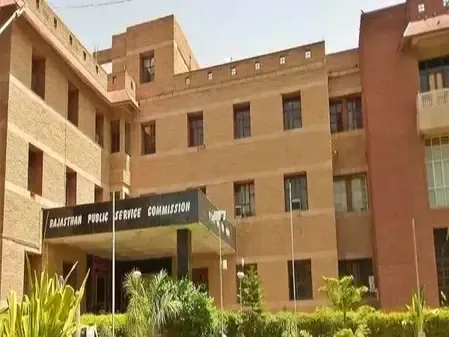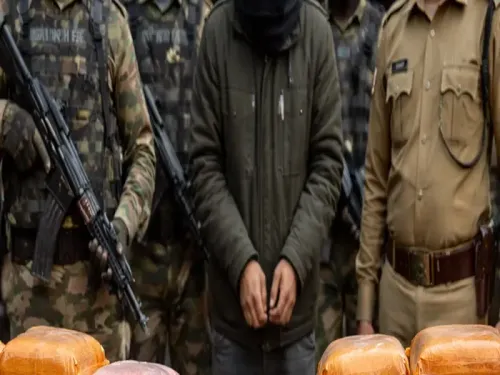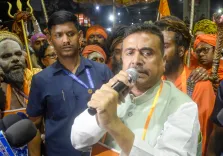Did the HC Just Restore Vigilance Cases Against Former Kerala Cricket Association Officials?
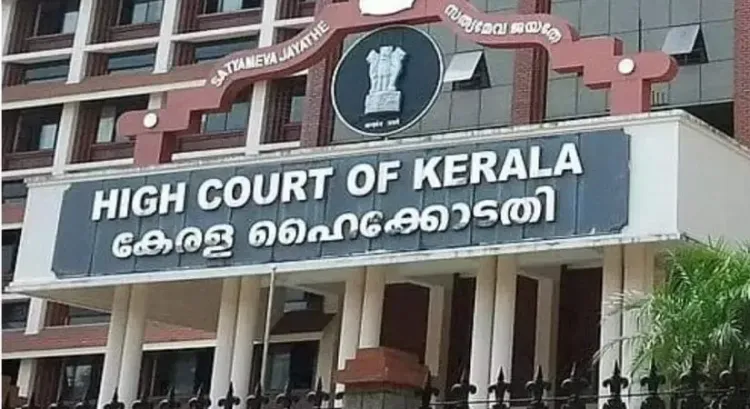
Synopsis
Key Takeaways
- Kerala High Court reinstates vigilance cases against former KCA officials.
- Allegations pertain to corruption in land deals.
- Significance of accountability in sports governance.
- High Court disagrees with earlier ruling dismissing the cases.
- Potential impact on the future of the KCA.
Kochi, Oct 31 (IANS) In a significant blow to the Kerala Cricket Association (KCA), the Kerala High Court has reinstated vigilance cases against its previous office-bearers concerning alleged misconduct in land transactions for the development of cricket stadiums in Edakochi and Thodupuzha.
A Division Bench, consisting of Justice A.K. Jayasankaran Nambiar and Justice Jobin Sebastian, overturned a 2015 decision made by a Single Bench that had dismissed the cases, asserting that the KCA and its officials were not subject to the provisions of the Prevention of Corruption Act, 1988 (PC Act).
“The conclusion of our discussions is that we accept these appeals, nullifying the contested judgment of the learned single judge, and reject the writ petitions as lacking merit,” stated the Bench in its ruling delivered publicly.
The vigilance investigation was launched following private allegations in 2013 that implicated the KCA in corrupt practices related to the acquisition of land for constructing internationally recognized cricket stadiums in Edakochi and Thodupuzha.
In response to these allegations, the Vigilance Court mandated the filing of FIRs against the then KCA President T.C. Mathew and other officials.
The accused subsequently approached the High Court, arguing that the KCA, as an independent sports organization associated with the Board of Control for Cricket in India (BCCI), was not a 'public office' and its officials could not be classified as 'public servants'.
The Single Bench agreed with this argument in 2015, dismissing the vigilance actions, stating that the association’s operations did not involve a public aspect since it had not received government funding.
It concluded that the purchase of land alone did not equate to a public duty, and any public involvement would only manifest once the stadium was constructed and made available for public use.
Contradicting this perspective, the Division Bench noted that the KCA's operations, by their nature and magnitude, fell under the jurisdiction of the PC Act, allowing the Vigilance and Anti-Corruption Bureau to persist with its investigation.


